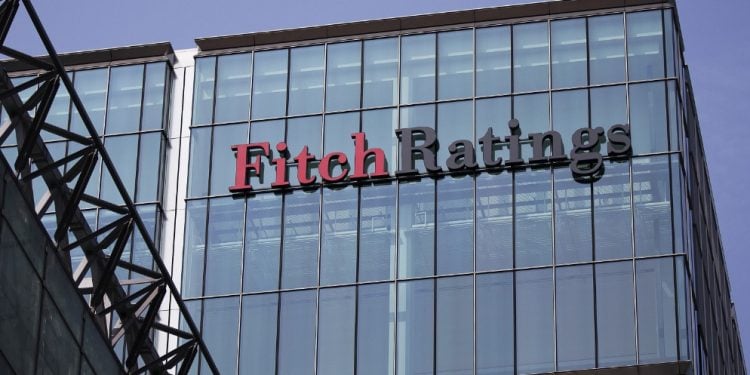The Ghanaian banking sector is poised for a significant resurgence in the coming years, riding on the wave of the country’s economic recovery and an improving business environment. The sector, having weathered the storm of the Domestic Debt Exchange Programme (DDEP) in late 2022, is showing strong signs of revitalization, with robust profits reported in 2023 and 2024. These positive earnings, largely fueled by high yields on treasury bills, have been crucial in rebuilding the capital base of banks, which was significantly impacted by the DDEP. While some accounting practices may have partially obscured the full extent of the DDEP’s impact, sustained profitability is expected to bolster banks’ capital reserves, positioning them to meet regulatory requirements once temporary relief measures are lifted. This projected recovery paints a picture of a more resilient and stable banking sector, ready to contribute to Ghana’s broader economic resurgence.
The DDEP, a critical component of Ghana’s debt restructuring strategy, concluded in 2023, marking a significant turning point for the country’s financial landscape. This, coupled with the anticipated completion of Ghana’s external debt restructuring by early 2025, sets the stage for a more stable and predictable economic environment. A key milestone in this process was the successful Eurobond exchange in October 2024, which significantly improved Ghana’s access to international financing and stabilized the cedi, the country’s currency. This positive development led to an upgrade of Ghana’s credit rating by Fitch, further bolstering investor confidence and paving the way for sustained economic growth.
The improved economic outlook for 2025, characterized by stronger GDP growth, declining inflation, and a stable exchange rate, is expected to significantly reduce risks within the banking sector. These positive macroeconomic trends will create a more conducive environment for lending and investment, fostering growth and stability within the financial sector. The combination of improved economic conditions, restored capital buffers, and enhanced access to international financing creates a fertile ground for the Ghanaian banking sector to flourish. This positive trajectory underscores the resilience of the sector and its ability to adapt to challenging economic conditions.
The projected recovery of the Ghanaian banking sector is not merely a result of favorable economic conditions; it also reflects the sector’s inherent strength and adaptability. The ability of banks to generate strong profits even in the aftermath of the DDEP demonstrates their robust business models and effective risk management strategies. The proactive measures taken by banks to rebuild their capital base and comply with regulatory requirements further underscore their commitment to financial stability and sustainable growth. This proactive approach, coupled with the supportive policy environment, positions the banking sector to play a key role in driving Ghana’s economic recovery.
The successful completion of the DDEP and the anticipated conclusion of the external debt restructuring mark a turning point for Ghana’s economy. These measures, combined with the improved economic outlook, create a platform for sustained growth and development. The banking sector, having navigated the challenges of the DDEP, is now well-positioned to capitalize on these positive developments and contribute to the country’s economic resurgence. The restoration of capital buffers, coupled with the improved operating environment, will enable banks to expand their lending activities, supporting businesses and driving economic growth.
In conclusion, the Ghanaian banking sector is on a path of recovery and growth, driven by strong profits, improved economic conditions, and a supportive policy environment. The successful completion of the DDEP and the anticipated conclusion of the external debt restructuring have created a more stable and predictable economic landscape, reducing risks and boosting investor confidence. The projected stronger GDP growth, declining inflation, and stable exchange rate in 2025 will further enhance the operating environment for banks, enabling them to play a crucial role in driving Ghana’s economic recovery. This positive outlook underscores the resilience of the Ghanaian banking sector and its ability to adapt to challenging economic conditions, positioning it as a key engine of growth for the country’s economy.


